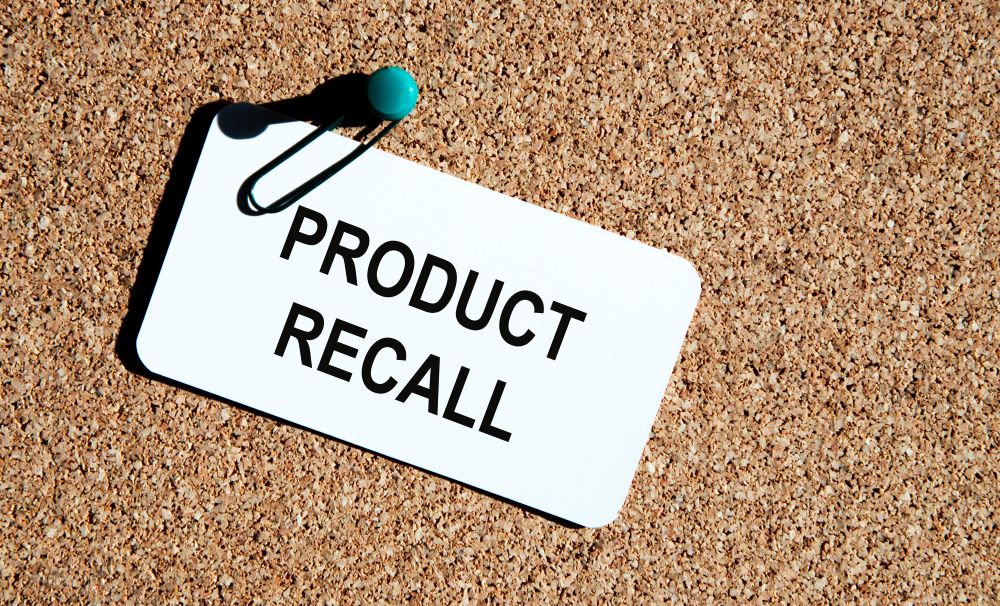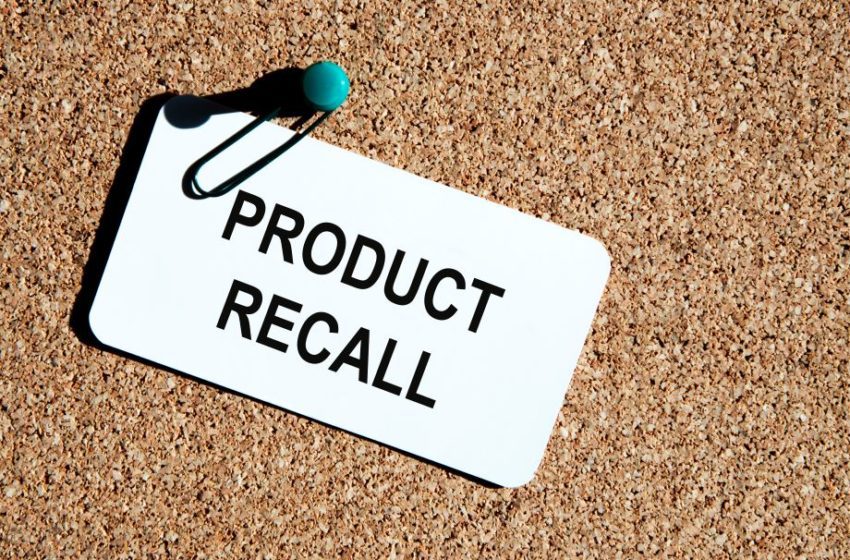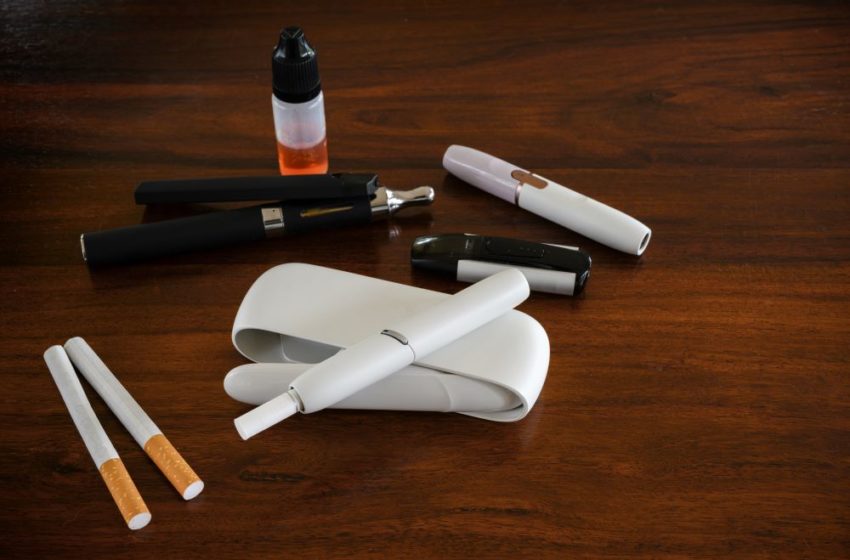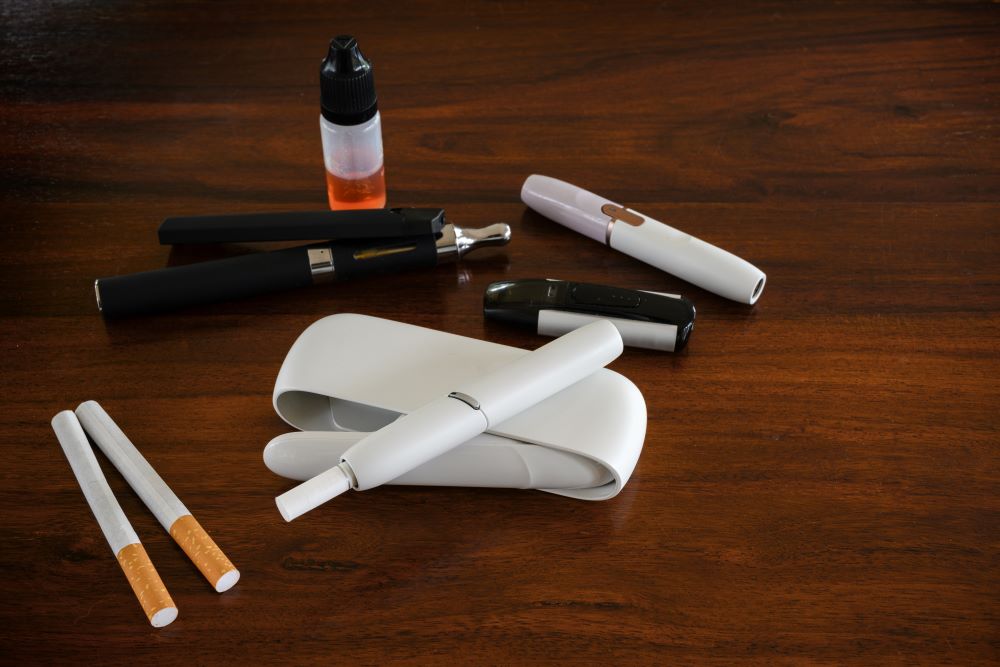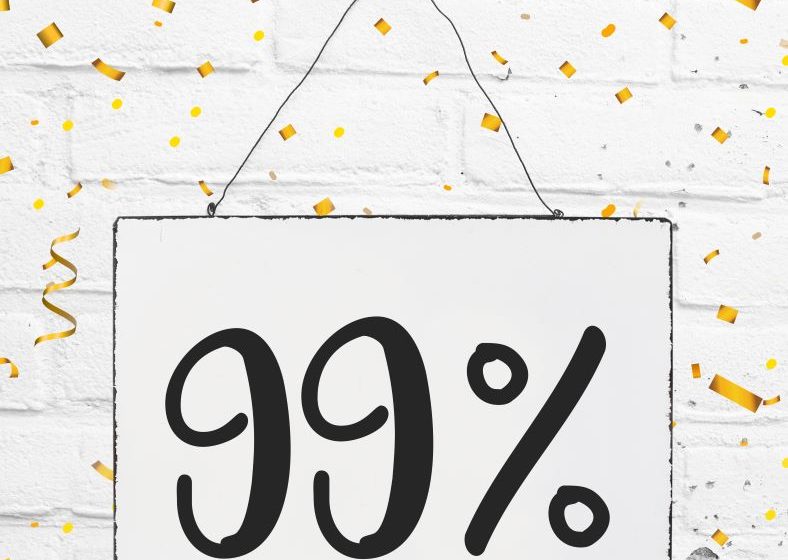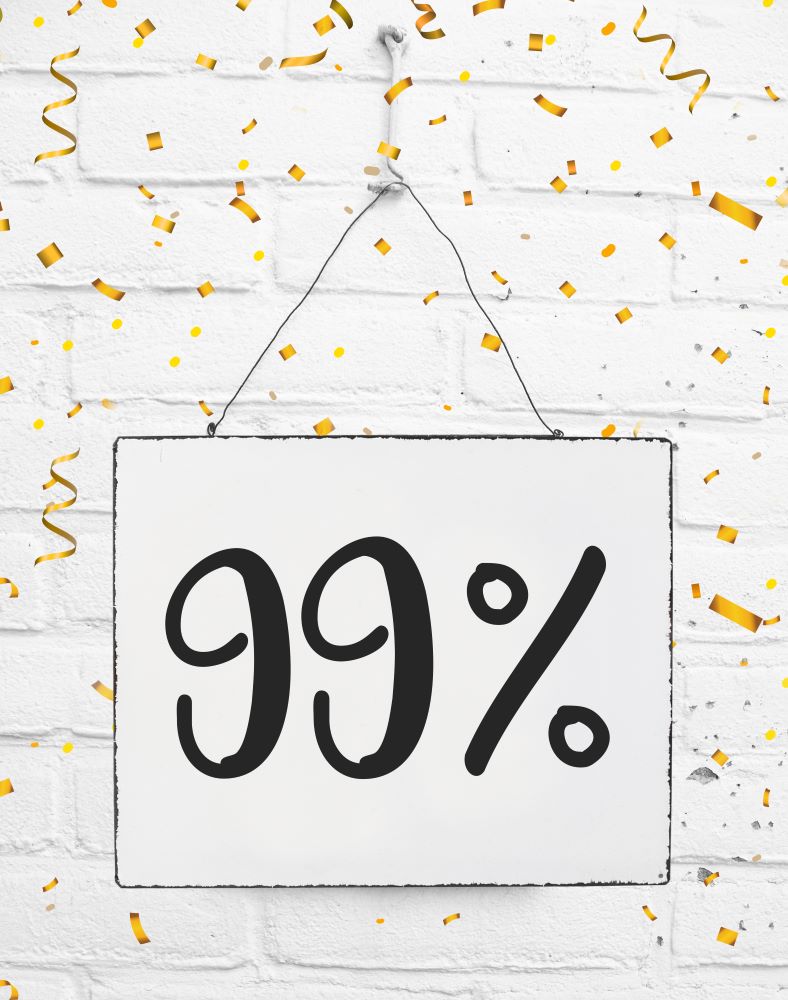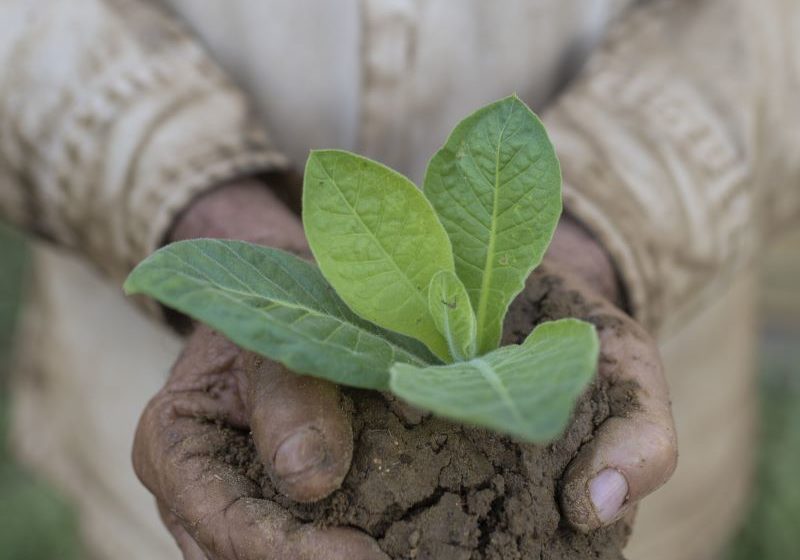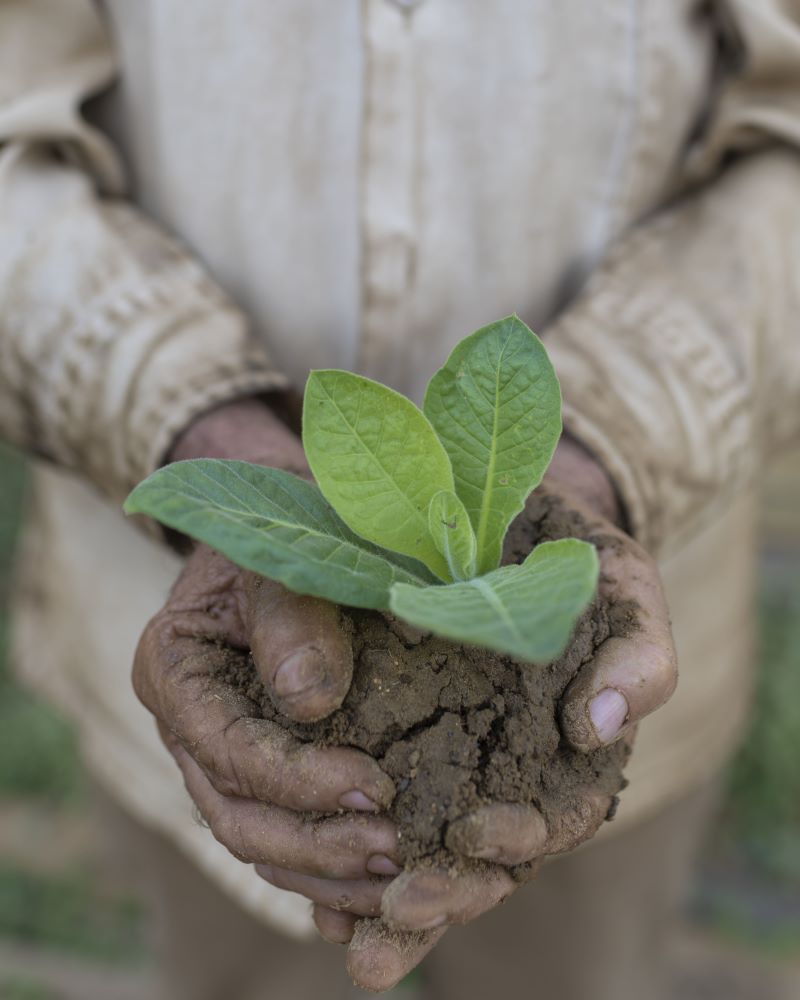In an update, the U.S. Food and Drug Administration said it has made determinations on more than 99 percent of the nearly 26 million deemed products for which applications were submitted. To date, the agency has authorized 23 new e-cigarette products.
This includes determination on applications for nearly 6.7 million products received by the Sept. 9, 2020, deadline, more than 18 million products received after the Sept. 9 deadline, and applications for nearly 1 million nontobacco nicotine products submitted by May 14, 2022, in accordance with the new federal law passed in April 2022.
Under a federal court order, manufacturers of deemed new tobacco products that were on the market as of the deeming rule’s effective date (Aug. 8, 2016) were required to submit premarket review applications by Sept. 9, 2020.
On Feb. 21, 2023, the FDA issued a refuse-to-accept (RTA) letter to one applicant notifying the company that their premarket tobacco product applications, which are associated with approximately 17 million individual tobacco products, do not meet the acceptance requirements outlined in the FDA’s regulations. The applications were for a grouped submission of e-liquids in varying size, nicotine strength and flavor combinations, each of which was treated as an individual product application according to existing premarket review processes.
During the acceptance phase of application review, the FDA reviews applications to ensure they meet a minimum threshold for acceptability for FDA scientific review. If required contents for acceptance are missing, the FDA refuses to accept the application. This company was issued an RTA letter because the company’s applications for these products lacked required environmental assessments. The company may submit a new application for these products at any time; however, the products may not be marketed unless the FDA reviews the applications and determines that marketing of the products is appropriate for the protection of the public health.
The latest updates on actions taken on these applications can be viewed on the FDA’s tobacco products marketing orders page.
